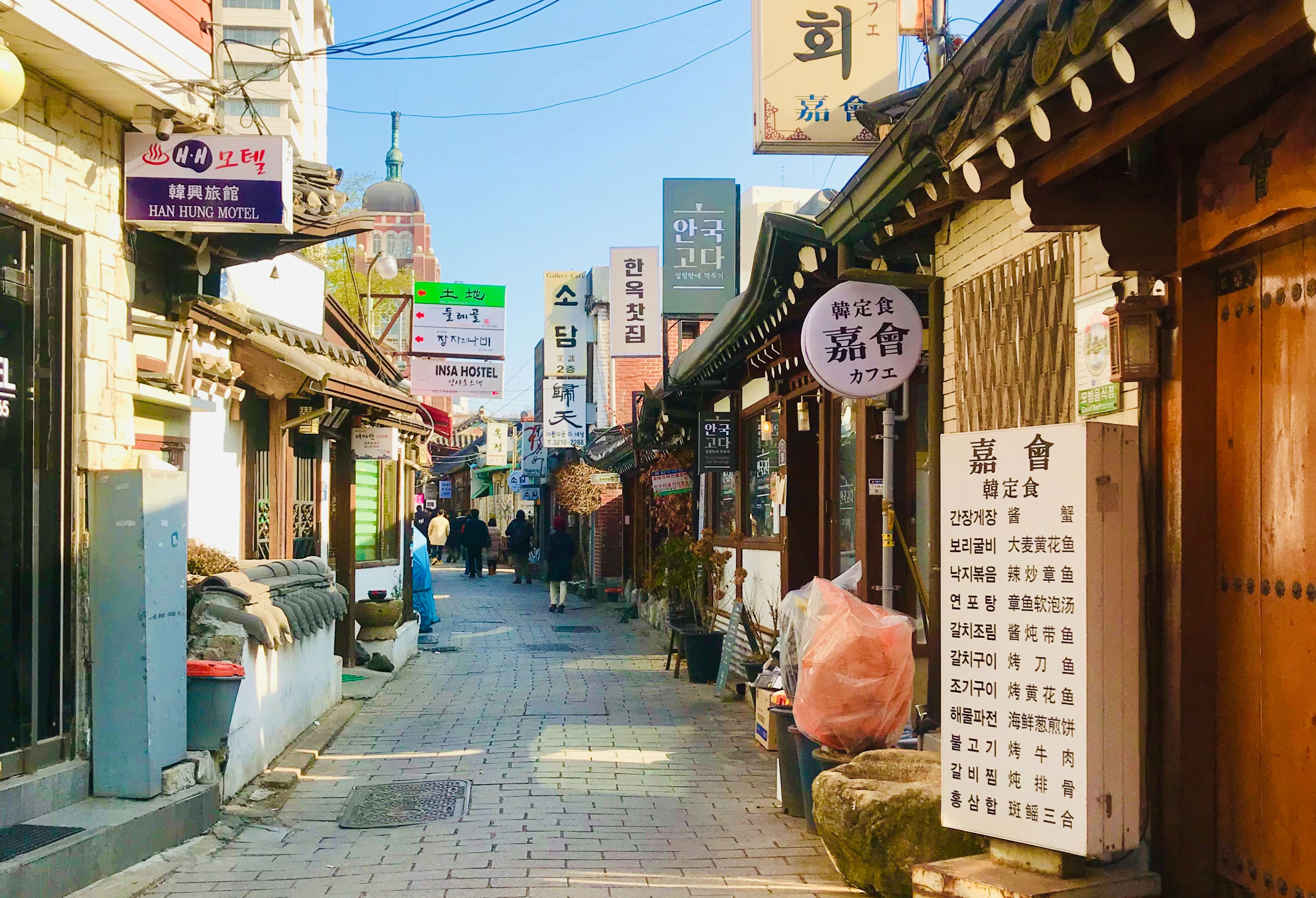Korean

Introduction
Korean (“Hangugeo” in ROK and “Joseonmal” in DPRK) is the official language spoken in the Korean peninsula along with eight regional dialects. Over 80 million people speak Korean worldwide. Korean is renowned for its indigenous and easy phonetic script, Hangeul. This alphabet, also known as the beautiful script, was invented in 1443 under the order of the sage King Sejong. The Korean alphabet consists of 24 letters (14 consonants and 10 vowels) written in a syllabic unit. Hangeul, however, was not an official writing system in Korea until the late 19th century as Korea had a long history of using literary Chinese and adopting Sinographs (hanja). About 60 percent of Korean vocabulary is of Chinese origin. The Korean language’s grammar structure is similar to Japanese in its use of honorifics and word order. In addition to native Korean and Sino-Korean words, loanwords borrowed or created from foreign languages such as English are part of modern Korean language in everyday conversation.
Program
In an era of rapidly growing connections between Korea and Australia, the study of Korean gives students opportunities to explore a new culture and prepare for their future as global citizens. Korea is currently Australia’s fourth largest trading partner and a key ally, and acknowledged as one of the world’s most innovative nations. The ANU Korean language program is designed to balance learning to communicate in spoken and written Korean with developing the ability to access the rich cultural resources available through Korean literature, film, and society. Knowledge of Korean will give students an in-depth historical and sociocultural understanding of issues facing Korea and its responses to the world. It equips students for a global job market and provides them with intercultural communication skills that help them build strong relationships with people from different cultural backgrounds.
Study options
The study of Korean at ANU is available as a major or a minor. The Major in Korean Language is eight consecutive courses that build from absolute beginner to advanced communication skills and the ability to critically discuss current affairs related to North and South Korea. The Korean Language Minor requires the completion of four courses. The School of Culture, History and Language also offers an Advanced Minor suitable for heritage or advanced intermediate learners of Korean with a high level of language proficiency. This minor consists of four courses from upper-level Korean with a focus on developing advanced language skills. Students may also study literary Chinese as part of their Advanced Korean language minor. In addition, students at ANU can pursue their Korean language studies in one of our study-abroad options. From the flagship Year in Asia program to semester abroad and short course programs, students have access to study Korean at some of the most prestigious universities in Seoul, for example, Ewha Womans University, Hongik University, College of Fine Arts and Design, Korea University, Seoul National University and Sogang University, amongst others.
Undergraduate courses Korean 1, Korean 2, Korean 3, Korean 4, Korean 5 and Korean 6. See ANU Programs and Courses for study options.
For more information on exchange programs and in-country language opportunities, visit the ANU global programs or enquire education.chl@anu.edu.au.
Updated: 11 May, 2022/Responsible Officer: Dean, ANU College of Asia & the Pacific/Page Contact: CAP Web Team










